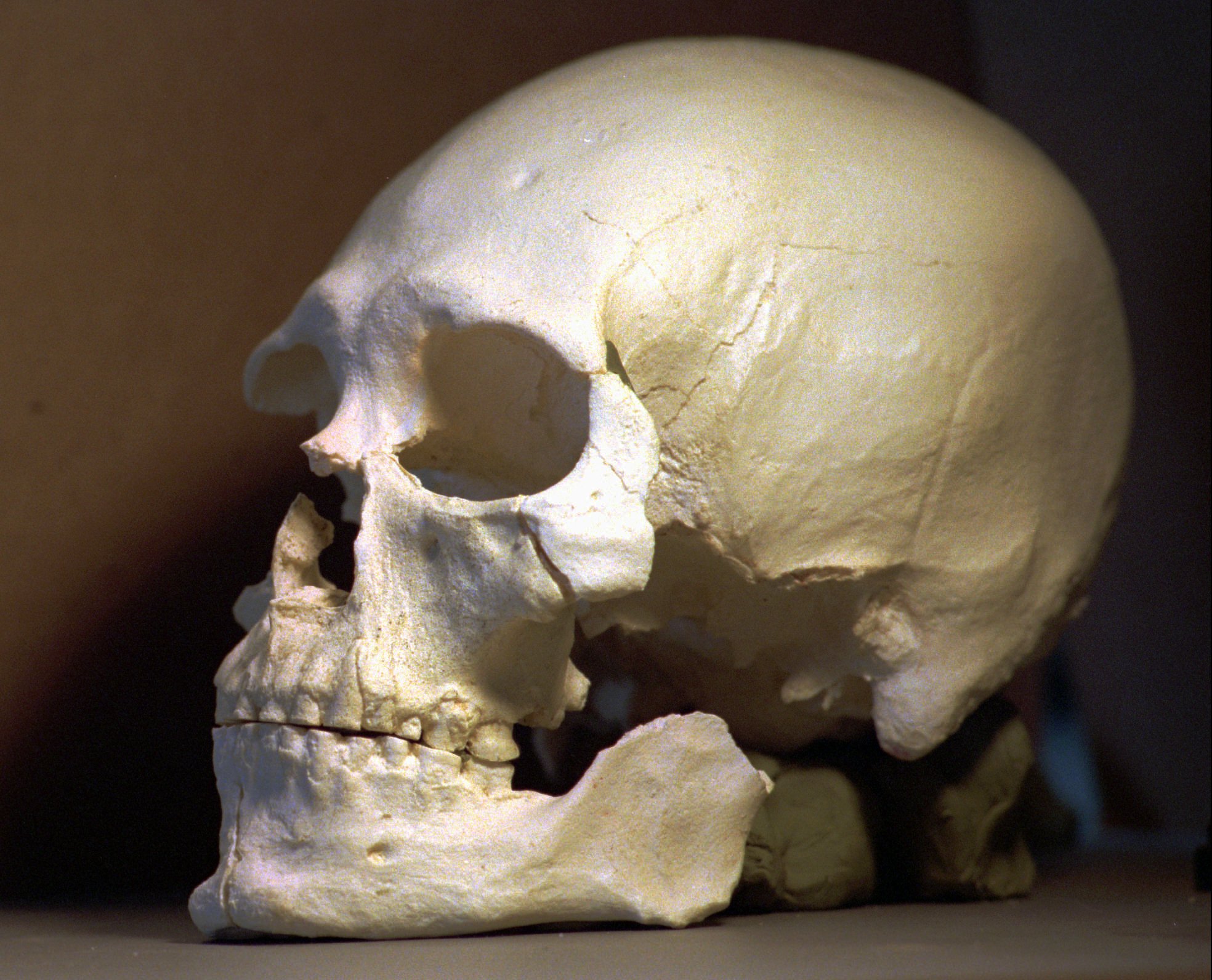The much-anticipated results of a study of DNA taken from the hand bone of the so-called Kennewick Man, a 8,500-year-old skeleton discovered in Washington state in 1996, suggest the man was most closely related to Native American populations, a team of international researchers said on Thursday.
The DNA findings, published online in the journal Nature, contradict a 2014 study based on anatomical data that suggested the skeleton was most closely related to Polynesian or indigenous Japanese populations.
The Kennewick Man, named for the site of his discovery near the banks of the Columbia River in Kennewick, Washington, has been at the center of a bitter legal dispute between scientists, who want to study the remains, and a coalition of Native American tribes that is arguing for their reburial.


















With your current subscription plan you can comment on stories. However, before writing your first comment, please create a display name in the Profile section of your subscriber account page.